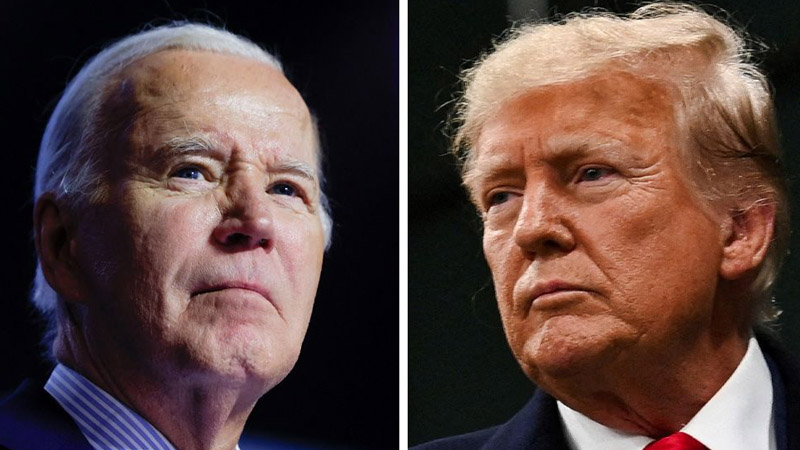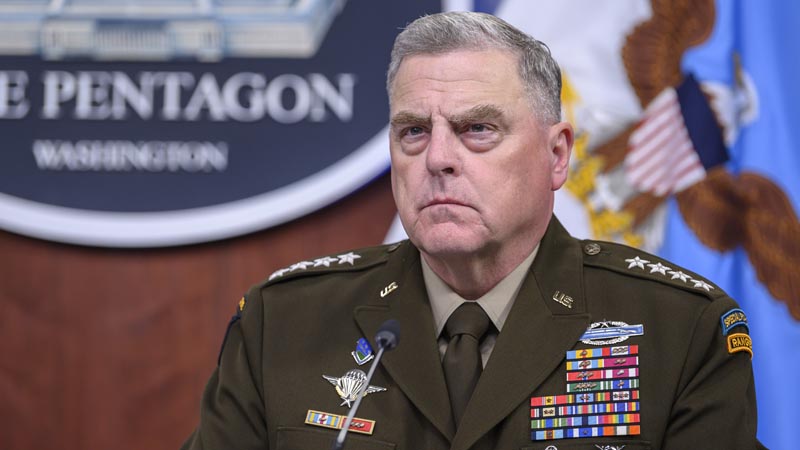President Joe Biden Critiques Donald Trump’s Historical Commentary and Campaign Approach in Recent Speech

REUTERS
During a recent speech, President Joe Biden humorously critiqued his predecessor, presenting himself as a mature contender in the political arena compared to what he suggested was the less mature demeanor of Donald Trump. He emphasized his own vigorous campaign activities across various states, highlighting his extensive travels from Pennsylvania to North Carolina, and proudly referencing his success in the original 13 colonies, as reported by HuffPost.
Adding a historical twist to his critique, Biden responded to Trump’s comments about the Civil War battle at Gettysburg, which Trump had described in a manner that mixed horror with awe. According to The Guardian, Biden seized the opportunity to poke fun at Trump’s portrayal, suggesting that even the statue of Confederate General Robert E. Lee would have surrendered once more in embarrassment over Trump’s words.
The President also touched upon the sensitive topic of age, a common point of discussion in political debates, noting humorously that it was the only characteristic he shared with Trump. He then pointed out a key difference in their support systems, highlighting that his vice-president actively endorses him, subtly emphasizing the solidarity within his administration.
Meanwhile, Trump’s reaction to recent events added more fuel to the political fire. He took to social media to criticize the White House Correspondents’ Dinner, disparaging the performances and particularly targeting Biden, whom he labeled a disaster. This criticism was echoed in his branding of the event as one of the worst.
This exchange of barbs wasn’t confined to the primary political figures. Former Republican National Chair Michael Steele chimed in with a pointed suggestion that Trump, known for skipping the White House Correspondents’ Dinner in the past, might as well continue to do so.
Conservative lawyer George Conway and Texas defense attorney Sara Spector also contributed to the discourse, with Conway questioning if there had ever been a more complainant figure in American public life than Trump, and Spector contrasting Trump’s attitude towards criticism with that of former President George W. Bush, who, despite harsh critiques at similar events, showed resilience and never publicly complained.
These interchanges underscore the heightened rhetorical battles as political figures and commentators weigh in, showcasing a blend of humor, critique, and support that characterizes the current political landscape. The exchanges not only reflect personal and political rivalries but also highlight the broader cultural and historical dialogues that shape American presidential politics. This multifaceted debate continues to engage a wide audience, reflecting on both the personal qualities of the leaders and the substantive issues at the heart of their political agendas.


